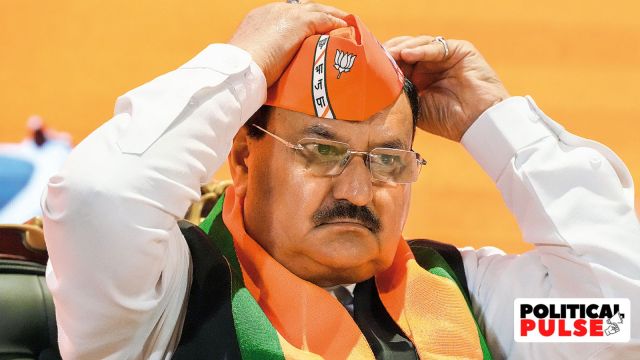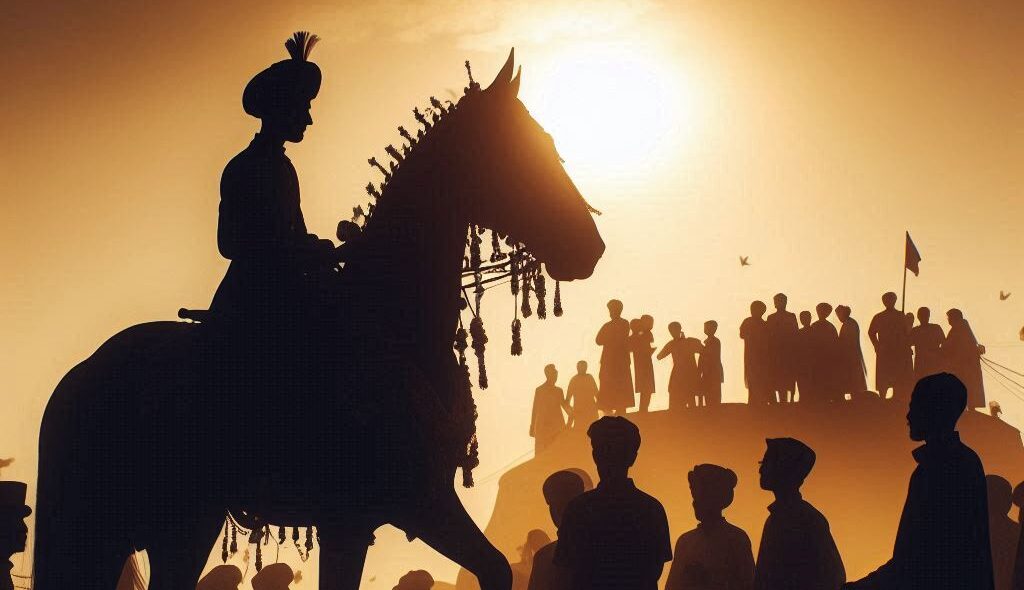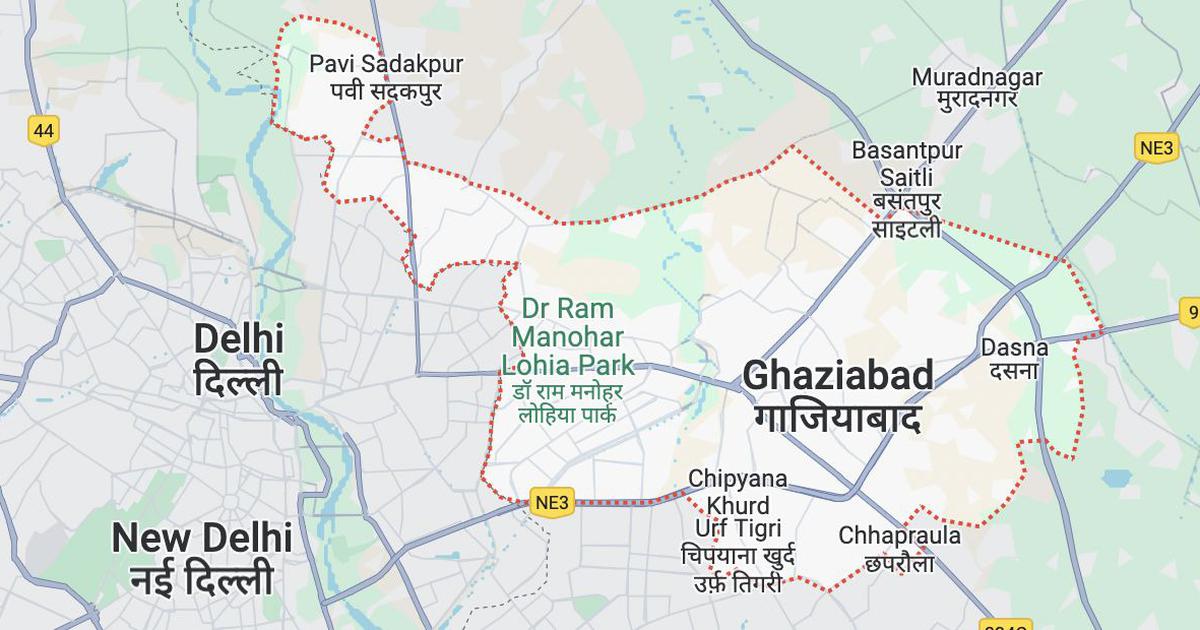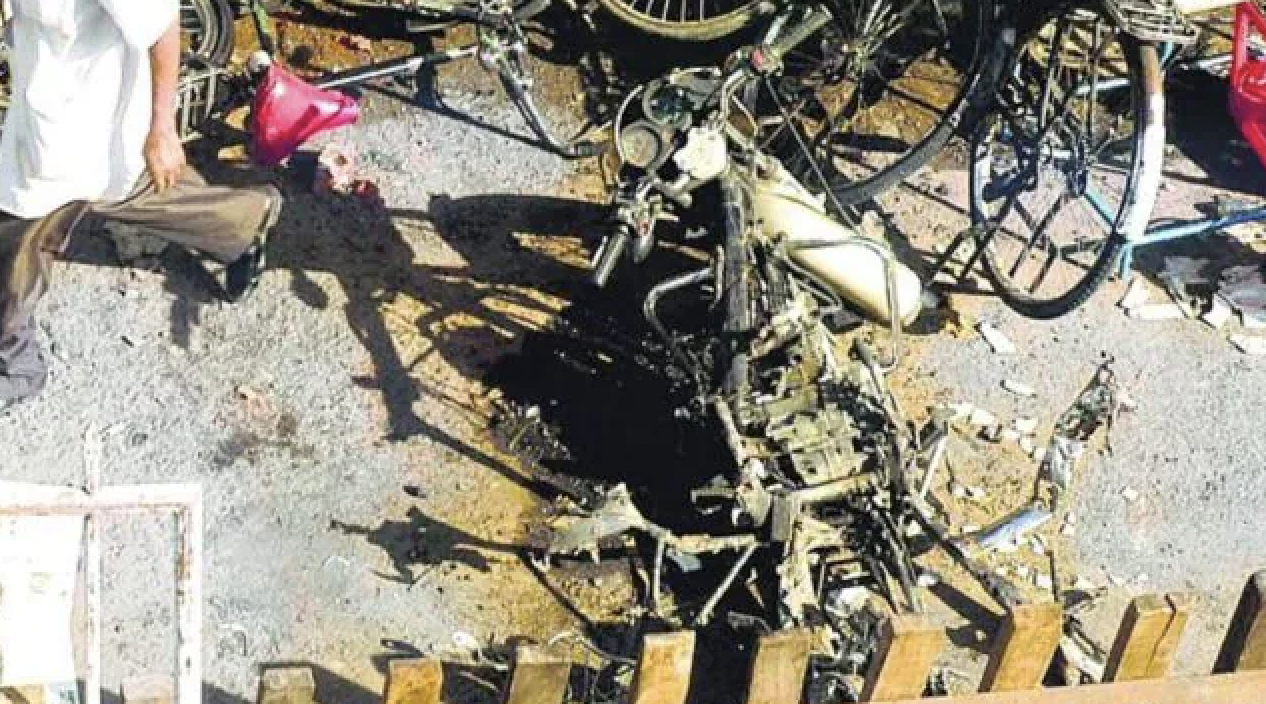
At the end of August, violent tensions erupted between Hindus and Muslims in Leicester in England’s East Midlands region, which has prided itself as being one of the UK’s most diverse cities, and a decades-long example of successful integration.
Experts have said the violence between the South Asian diaspora at a magnitude never seen before in Leicester has put a spotlight on how India’s hotly divided political tensions are exported by social media and inflammatory rhetoric.
The trouble in Leicester began following the victory of India against Pakistan in the Asian Cricket Cup held in Dubai on August 28.
Victory celebrations grew disorderly as crowds of young men in their late teens and early 20s belonging to both communities took to the streets, clashing with each other and forcing the police to intervene and make more than a dozen arrests.
Communal tension in Leicester
However, the tension between Leicester’s South Asian Hindu and Muslim community did not end the next morning but continued for weeks.
Unrest spiked on the night of September 17, when police said they confronted unruly groups of young men carrying out an “unplanned protest” that soon disintegrated into violence.
A Hindu temple in Leicester reported that parts of the mob took down the temple’s flag and set it on fire. This came after reports that groups of Hindus were marching through a Muslim neighborhood towards a mosque chanting slurs.
The unrest on the streets of Leicester coincides with long simmering conflict in India between Hindus and Muslims, which has been exacerbated in recent years as the ruling Hindu-nationalist Bharatiya Janata Party (BJP) government pursues policies critics say marginalize the Muslim minority.
The religious rift is also being driven by inflammatory posts on Indian social media. Coinciding with the unrest in Leicester, several unfounded stories involving Hindu extremists kidnapping Muslim children circulated on social media in India.
In the UK, Hindu groups on WhatsApp spread rumors that properties in Hindu areas of Leicester were under attack by Muslim mobs.
Leicester Mayor Peter Soulsby told the press that he has never experienced this level of tension before.
“I have talked to many people across the communities since this trouble began, and they are utterly baffled by this. It does not represent anything that is simmering in Leicester, and does seem to have more to do with subcontinental politics,” Soulsby told The Independent newspaper in the UK.
Indian media fans the flames
In India, the events in Leicester were widely reported. However, Geeta Seshu, co-founder of Free Speech Collective, an Indian media think tank, told DW that prominent Indian media outlets were broadcasting inflammatory reports, without any attribution, about Muslim “gangs” attacking Hindus.
The Leicester violence was reported on by “partisan media,” demanding the Indian government take action to protect Hindus in the UK who were allegedly attacked, Seshu said.
On Indian social media, the violence in Leicester dominated the heavily polarized sphere of domestic politics.
An investigation by BBC Monitoring, using the Twitter analysis tool Brandwatch, identified hundreds of thousands of tweets in English that mention Leicester in the context of India’s Hindu and Muslim tension.
The investigation found that most of the tweets appeared during and after the peak of tensions in Leicester on the weekend of September 17-18.
“Within a sample of 200,000 tweets, BBC Monitoring found that just over half of mentions were made by accounts that the tool geo-located to India. The top hashtags used by many of the Indian accounts in the past week included #Leicester, #HindusUnderAttack and #HindusUnderattackinUK,” said BBC Monitoring, adding that it found evidence of manipulation by accounts using these hashtags.
“The most prolific user of some of these hashtags, for example, was geo-located to India, had no profile picture and the account was only started earlier this month. These are classic signs that can suggest ‘inauthentic activity’ — a likelihood that individuals are deliberately using multiple accounts to push a narrative,” the report said.
No end to communal tension in India
Indian Prime Minister Narendra Modi’s policies are criticized by the India’s Muslim minority as politicizing the Hindu religion, while treating Muslims as second-class citizens.
The defining credo of Modi’s BJP since 1989 has been “Hindutva,” a political ideology that promotes the “values” of the Hindu religion as being the cornerstone of Indian society and culture.
This story was originally published in dw.com . Read the full story here






